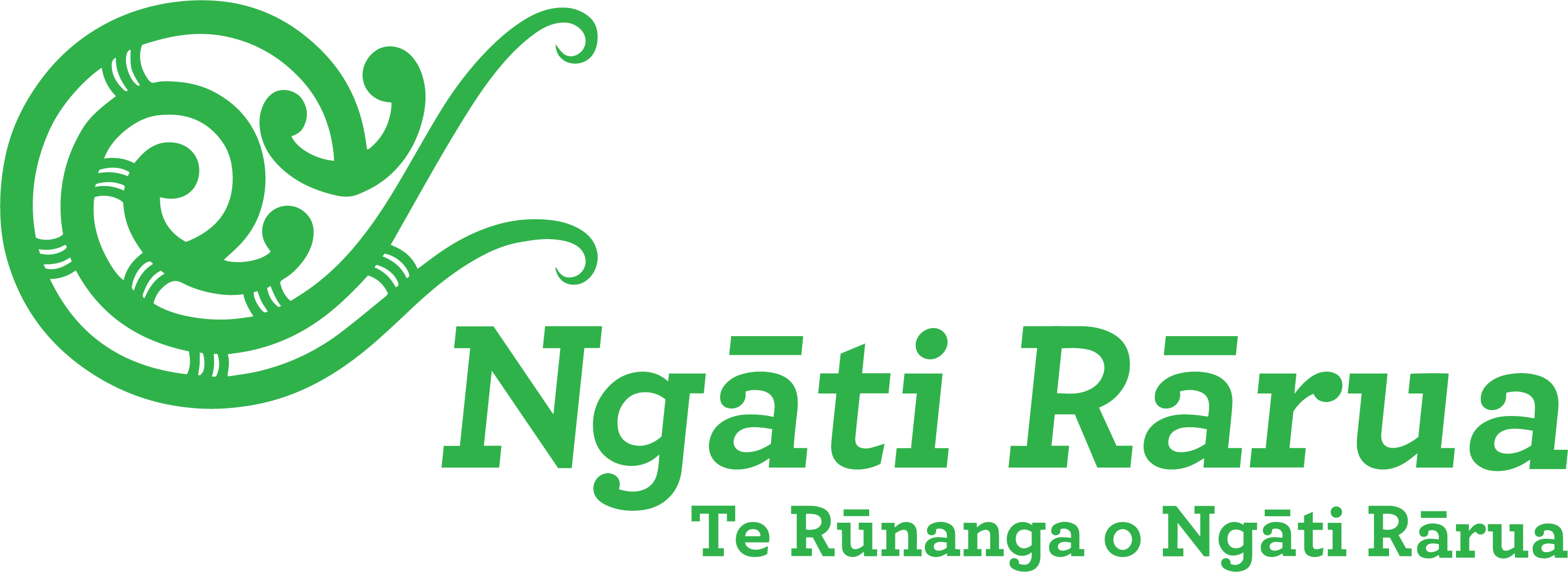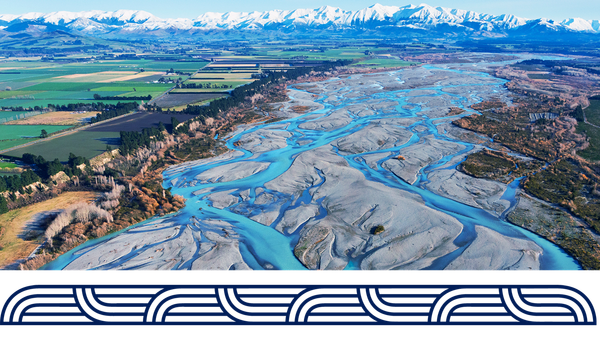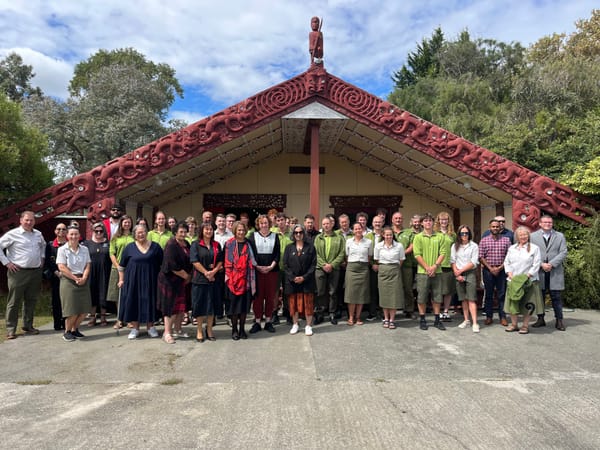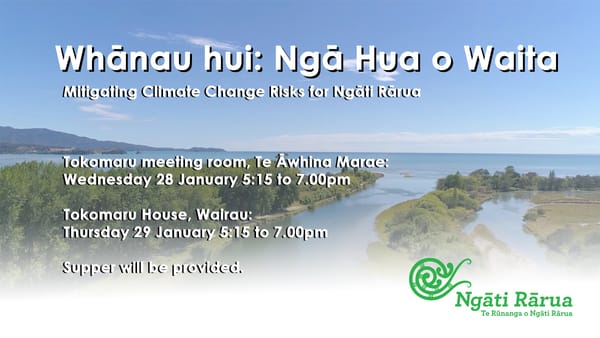Flood recovery - whānau information
Find regular updates on flood recovery information after the June and July 2025 event.
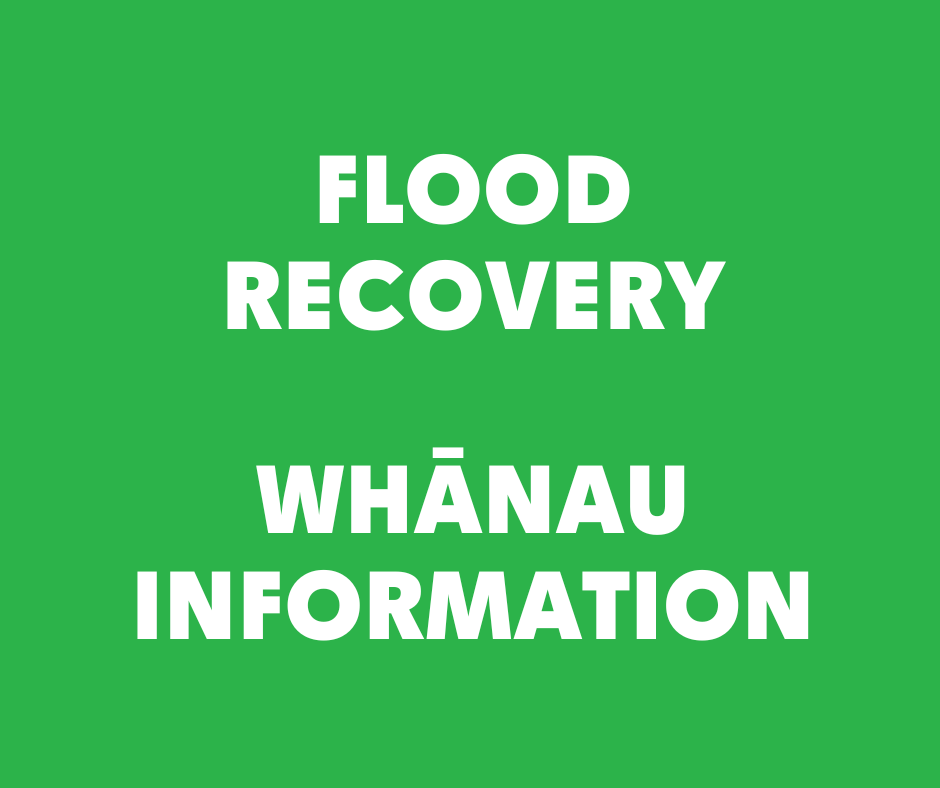
Support is available - you are not alone.
We're in this together as whānau.
Updated 21 August.
This page provides information to help you find the assistance and information you need as we recover from the recent flood events. It will be updated regularly.
Rāhui | Roading updates | Water | Dealing with waste and silt | Emergency grants and other assistance | Other information and contacts | Wairau | Me Takatū
Latest update: 19 August 09:30am
We are here for you
Tono tautoko - tell us what you needLatest Flood recovery updates
Now we are in a transition phase from the state of emergency to a recovery, Te Kaunihera o te tai o Aorere are the lead agency, co-ordinating ongoing efforts.
The current priorities for the recovery effort are:
- Address urgent needs and restore essential services. This is to make sure people can safely return to their homes and daily routines as soon as possible; then
- infrastructure, such as roads, bridges, and community facilities. People will also be supported into longer-term accommodation where needed; then
- long-term recovery projects
Emergency recovery period extended until 11 September
The official emergency recovery period is being extended in Tasman District as the region continues to clean-up following the two recent back-to-back storms.
Mayor Tim King has extended the local transition period over the area of the Tasman District Council owing to the ongoing effects of the severe weather events experienced in June and July 2025.
The extension remains in force for a period of 28 days. It will end on Thursday, 11 September 2025, unless it is terminated or further extended prior to that time.
Key Messages
Combined NZTA and local road map released
You can see the updated map of impacted local roads AND State Highways at: https://shorturl.at/xGQRO
Please continue to drive to the conditions, particularly in previously affected areas and around any remaining surface flooding.
Welfare and Feeling Unsafe
If you are feeling anxious, distressed, or overwhelmed or just need someone to talk to, call or txt 1737, 24 hours a day, 7 days a week.
Boil Water Notice
If you have a private bore, anywhere in the district, it is recommended that you boil your water following the recent flooding. Shallow bores in any location can be contaminated from surface water, but especially when there has been heavy rain and groundwater levels rise to be much closer to the surface than normal.
More information on boiling water can be found on the Tasman District Council - Te Kaunihera o te tai o Aorere website:
https://www.tasman.govt.nz/my-region/flood-recovery/drinking-water-from-a-private-bore
Recovery
Further information on and updates on the ongoing flood recovery can be found on the Tasman District Council website at https://www.tasman.govt.nz/my-region/flood-recovery
Rāhui lifted
The rāhui put in place to protect health and allow environmental recovery following recent floods in Te Tauihu has been lifted.
Are you ready? Get prepared now
If either of the last two weather events affected you or your property, there’s a chance the next round of bad weather may do so again. Roads that suffered slips and flooding may do so again.
The good news is that we have a couple of days to get prepared.
Now is a good time to assess your personal situation and stock up on supplies if you need to.
Here are a few tips to help you get ready.
- Keep up to date with MetService weather forecasts.
- Is your emergency kit up to date? Make sure you have food and water to last three days, and a battery-powered radio to stay informed.
- Do you have a plan? What would happen if the heavy rainfall happens during the day or at night? Make sure you are ready if the weather did turn bad.
- Check on your neighbours and anyone who might need your help.
- Put safety first. Don’t take any chances.
- In an emergency, call 111.
- Do not attempt to drive or walk through floodwaters unless it is essential.
Go to https://getready.govt.nz/ for more tips on how to prepare.
Emergency grants and other assistance
Tasman Mayoral Relief Fund
The Mayoral Relief Fund closes soon. If you (or someone you know) are experiencing financial hardship due to the June/July weather events, you can apply for money from this fund.
Financial hardship is different for everyone. What it may look like but isn’t restricted to:
- Difficulty paying for your essential living costs (such as food, medication, accommodation)
- Difficulty paying for additional costs that may not be paid for by your insurer (for example clean up, disposal of goods).
Applications can be made on the Tasman District Council website or pick up a form from any council service centre.
Rural support trust
Starting with a 100% confidential chat, Rural Support Trust can visit you and help connect you with assistance. Phone 0800 787 254.
Support for your personal and mental health
When times are tough, it is normal to feel a bit worried, frustrated or overwhelmed. As we recover, going back to basics and focussing on the thing we can control, can really help.
Top tips for looking after yourself and others can be found at:
- www.allright.org.nz/coping-tough-times
- http://www.sparklers.org.nz/.../supporting-kids-after.../
- www.farmstrong.co.nz/
- He Waka Ora
If you or someone you know is struggling, there is free help available.
- Free call or text 1737 anytime, 24 hours a day.
- You can also call Lifeline on 0800543354 or text HELP to 4357.
If you have health questions, phone Healthline on 0800 611 116.
Healthline is staffed by experienced registered nurses 24 hours a day, 7 days a week. In an emergency, always call 111.
Nelson Bays Primary Health provides fully funded GP appointments for individuals directly impacted by the floods. They understand the impact the floods have had on our community and are here to support you and your whānau in accessing the care you need.
To contact Nelson Bays Primary Health phone 0800 731 317, email info@nbph.org.nz , or visit www.nbph.org.nz
Navigators offer guidance and support
Guidance and support is available to get you back on your feet after the floods.
If you need help working through this confusing process, specially appointed navigators can help you out.
Navigators can support you through the recovery process for damaged homes and land by providing a single contact point for all your questions.
The navigator’s role is to support you to access the right services, at the right time, through connection with appropriate wrap-around recovery support agencies. These agencies are all working with the same goal in mind – to get you back into your property when it is safe.
The service is designed to empower individuals and whānau to help increase resilience and self-reliance so you can get through this and move forward with your lives.
To get in touch with one of our navigators call us at Tasman District Council on 543 8400
Student Volunteer Army
Any requests for help should go directly to the Student Volunteer Army.
- Visit their website www.sva.org.nz/nelsontasman25
- Phone 0508 782 782
- e-mail Hello@sva.org.nz
Make a financial donation
If you’d like to make a financial contribution to the emergency please do so through the Mayoral Relief Fund. If you would like to donate to the Nelson-Tasman Mayoral Relief Fund please deposit funds into the Tasman District Council bank account:
- Account number: 12-3193-0002048-00
- Account name: Tasman District Council
- Please use the reference “Mayoral Relief Fund”, or “MRF”
- If you are asked to select a TDC account, select the Debtors account. This will allow you to edit the first and third reference boxes, as shown below.(Your name) | Debtors | Relief Fund
- Alternatively, you may donate at a Tasman District Council office.
Ngā mihi nui ki a koe. Your generosity and willingness to help will bring hope and healing where it’s needed most.
Dealing with silt, waste and damaged items in Tasman
Key points from Tasman District Council
- Contact your insurance provider in first instance and document all waste and related costs
Unfortunately the deadline for free dumping of flood damaged materials has expired.
If you still have waste to get rid of, contact the council on 543 8400 and see how they can help.
If you need on-site advice, please contact Council and we’ll arrange a waste advisor to visit you, and give advice on waste disposal options for you.
- Prioritise on-site management and reuse where appropriate
- Apply to the Mayoral fund for assistance if appropriate
- Apply for a primary sector recovery grant if appropriate
- Emphasise health and safety through safe handling of contaminated materials
- Don’t burn prohibited items (e.g., plastics netting, irrigation piping, baleage wrap, rubber (tyres) and treated timber)
- Keep silt/sediment contained and document any material movement to reduce risk of spreading pests such as Asiatic knotweed.
https://www.tasman.govt.nz/my-region/flood-recovery/what-to-do-with-your-flood-related-waste
Working with silt can be a health hazard
Always assume that the silt is contaminated with farm run-off, chemicals, or sewage which can make you sick, so you need to take precautions.
Dust from silt can contain airborne contaminants, along with bacteria, viruses and fungi as well as chemicals and poisons washed down during the flooding so you should protect yourself. It’s suggested to use overalls, gloves, safety glasses and facemask.
You can get more information on cleaning up after an event here: https://www.ifso.nz/pages/natural-disasters-after-the-event.
Info for farmers and growers
A flood recovery checklist for flood-affected farmers and growers in the Nelson, Tasman, and Marlborough areas is now available on MPI’s website.
It has helpful information, tips and hints like this helpful checklist.
- You’re not alone Reach out to neighbours, industry bodies, Rural Support Trust, MPI, councils, and community support networks.
- Safety first Prioritise yourself, your people, animals, and property before recovery work.
- Celebrate what you’ve already achieved You’re on the journey!
- “Functional over fabulous” Focus first on what gets things working again.
- Know your key drivers Identify and prioritise the key things that sustains your business.
- Simple plan, small steps Keep it short, break it down, and take it one task at a time.
- Track progress visually. Use a whiteboard or fridge list to celebrate daily wins.
- Play the long game Recovery takes time; aim for stability by next summer.
- Breathe and reset Take breaks, get off-farm, and protect your mental health.
This can be used as a digital document or printed. Here is the link: https://www.mpi.govt.nz/dmsdocument/70251-Flood-recovery-checklist-for-farmers-and-growers/
Find out what support is available to help the primary sector and assist the clean-up and recovery. It can be found on this web page for the adverse event:
Boil water notices
Information on boil water notices and water quality water can be found on the Tasman District Council Te Kaunihera o te tai o Aorere website:
https://www.tasman.govt.nz/my-region/flood-recovery/drinking-water-from-a-private-bore
How to get your water tested
If you want to test your water for bacterial contamination, it can be tested for e.coli as an indicator of contamination. A laboratory can do the test.
Cawthron Laboratories - Cawthron Institute Nelson, 98 Halifax Street East, Nelson 7010 Ph 03 548 2319
or Hills Laboratory - Drinking Water Testing | Hill Labs 0508 44 555 22
+64 7 858 2000 (Landline)
- Keep boiling or treating the water until the test results come back with a satisfactory result.
- The safe limit for e.coli is zero, which may be written on the result as <1.
Drinking water safety advice
The Water Services Authority - Taumata Arowai has valuable advice about drinking water safety on its website. https://www.taumataarowai.govt.nz/for-communities/emergencies/drinking-water-following-a-flood/(external link)
There’s also a list of water testing laboratories on the website at https://www.taumataarowai.govt.nz/for-water-suppliers/using-an-accredited-laboratory-to-test-your-drinking-water/
https://info.health.nz/keeping-healthy/protecting-health-natural-disaster/floods-and-health
Rāhui lifted
Te Tauihu iwi have lifted the rāhui on the coastline of Te Tauihu o Te Waka-a-Māui.
Other information
- Tasman District Council Flood Recovery updates
- Consents and compliance guidance during recovery
- Insurance - get photos of damage and contact your insurance company
Useful contacts for supporting agencies
MPI: Animal Welfare — 0800 008 333
MSD: Civil Defence Payments — 0800 559 009
IRD: Tax Relief or Income Assistance — 0800 700 334
LIFELINE: Mental Health Support — 0508 828 865
Nelson Bay’s Primary Health (Psychosocial Support) — 03 539 1170
Red Cross — 0800 733 27677
Salvation Army — 0800 530 000
Rural Support Trust — 0800 787 254
Citizens Advice Bureau — 0800 367 222
Tasman District Council — 03 543 8400
Roading updates
Many roads still need drainage systems cleaned or replaced, surfaces rebuilt, slips stabilised, and bridges repaired.
And these aren’t simple fixes—many require engineering assessments and careful planning to ensure they’re done right and within budget. The council will prioritise roads that serve the most traffic or give access to the most properties.
If you spot an issue, contact us via the Antenno app, our website, or by phone on 543 8400.
New combined map
Updated every 15 minutes
Wairau Information
Wairau Roads and updates
View roading and flood recovery information on the Marlborough District Council website
Me takatū
Have you made your plan? You can use this template as a way to start your whānau emergency plan.
You can also use these resources from Civil Defence to get your household, work, school or marae ready.
